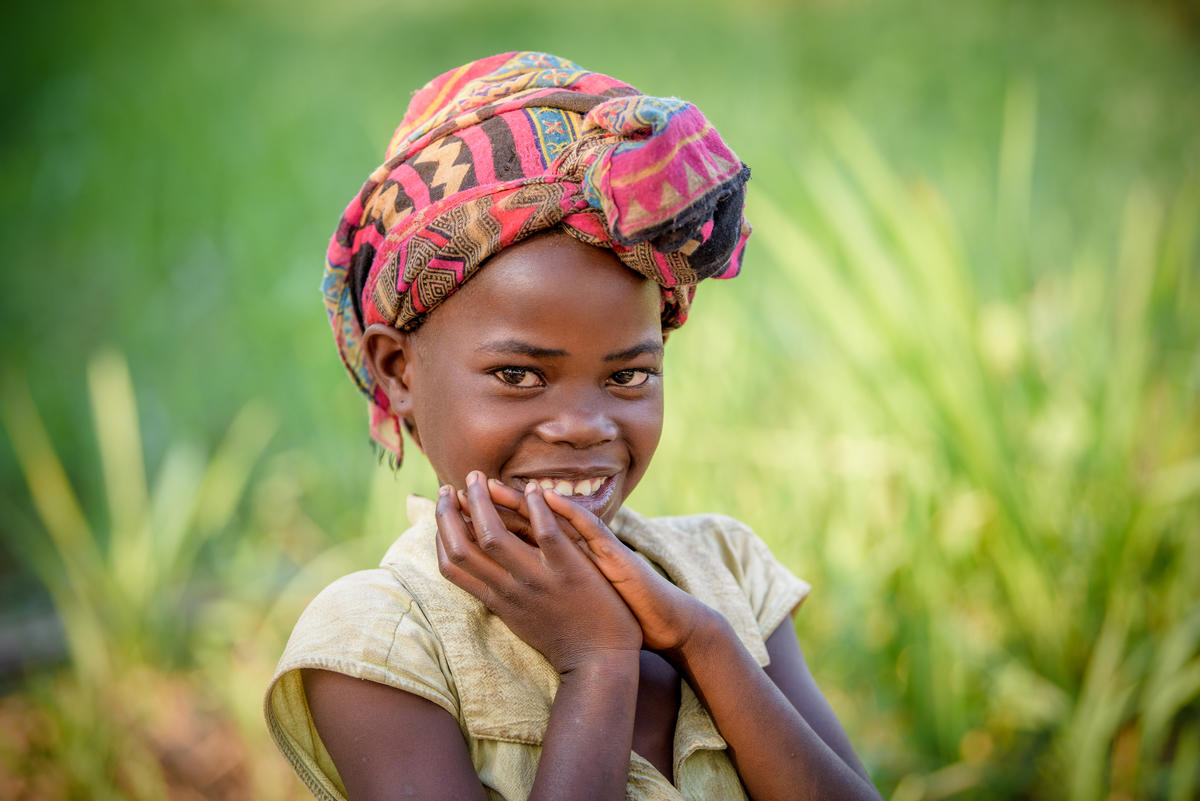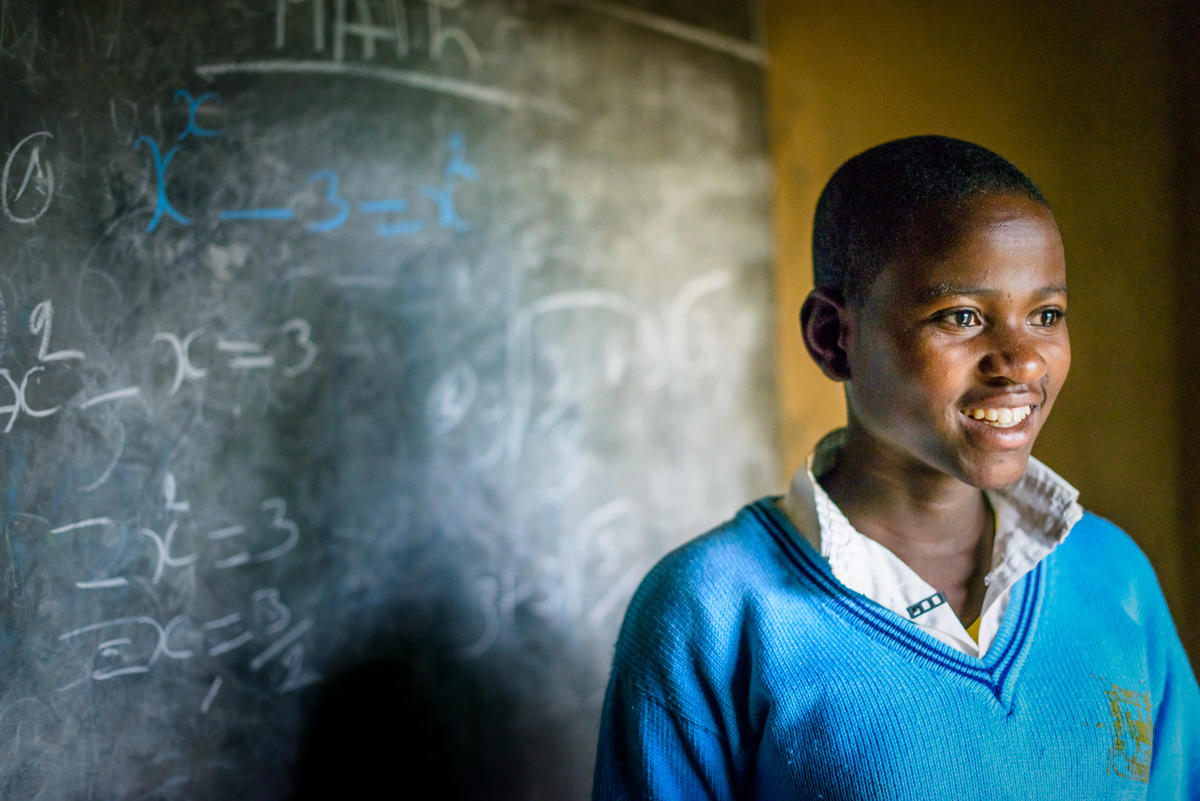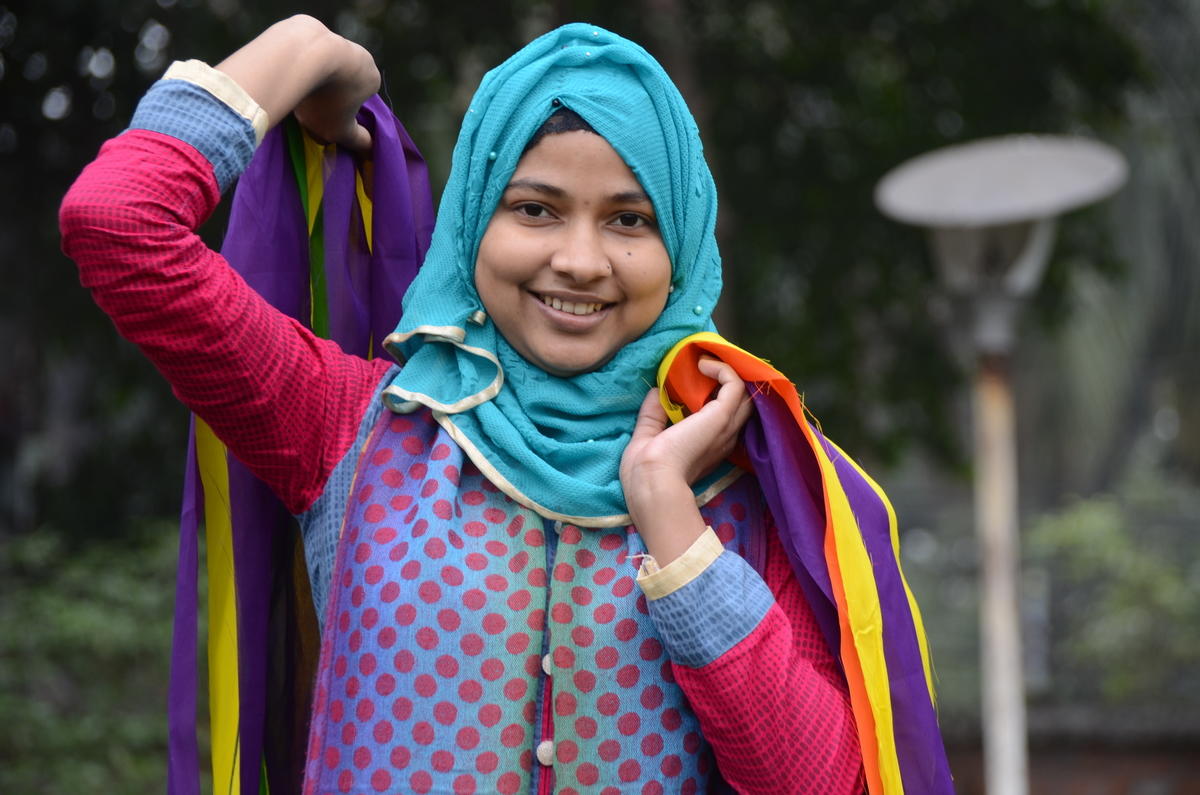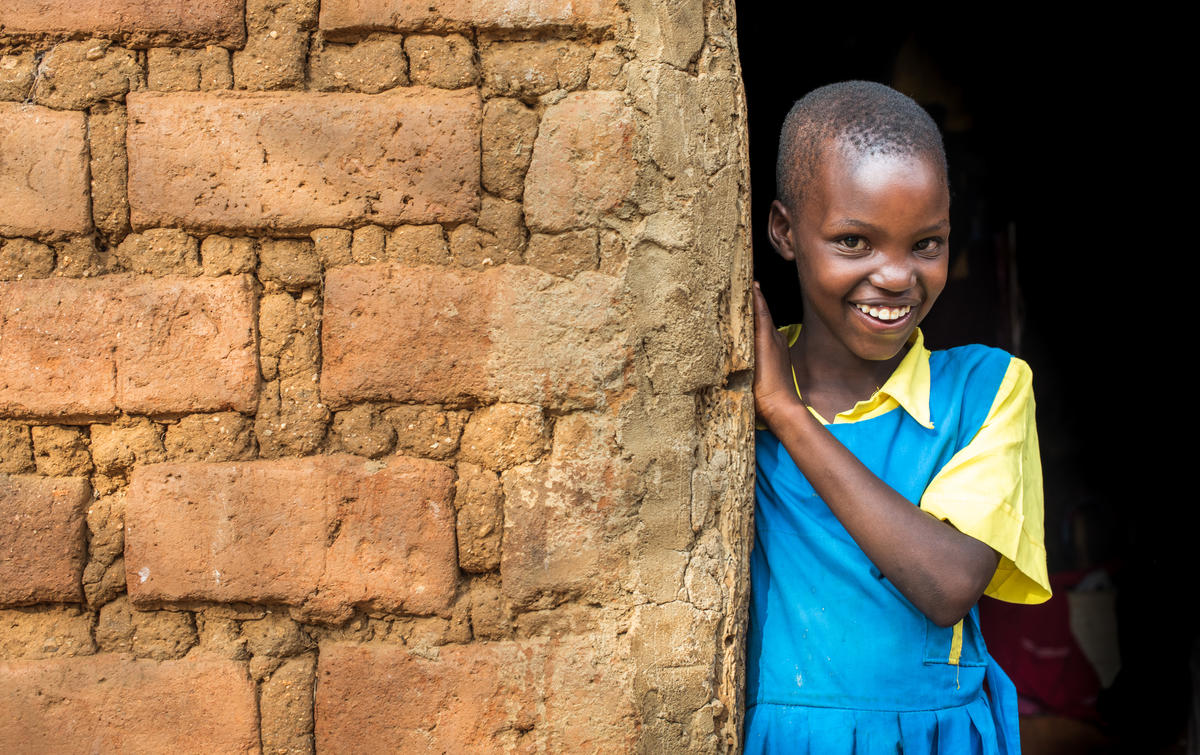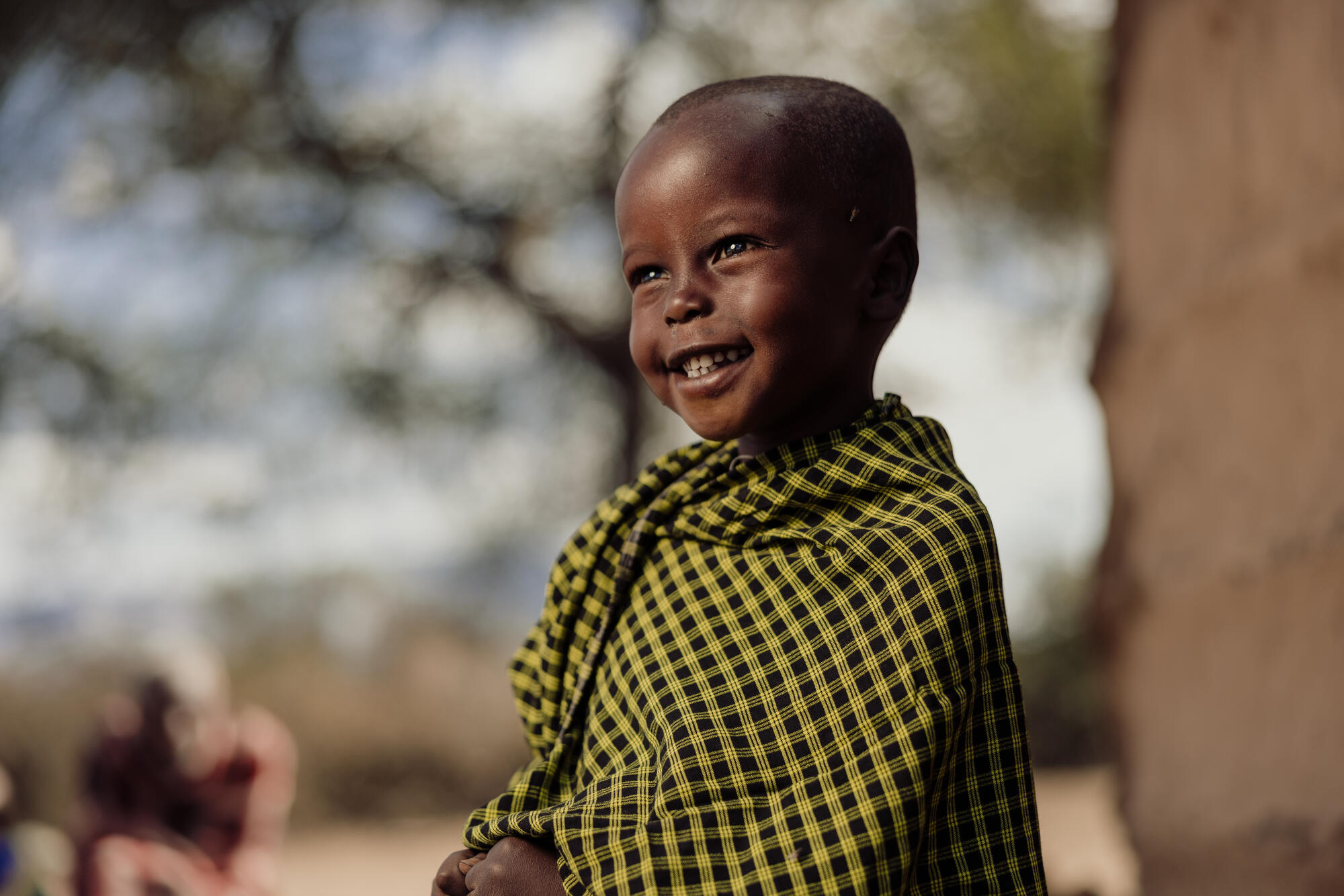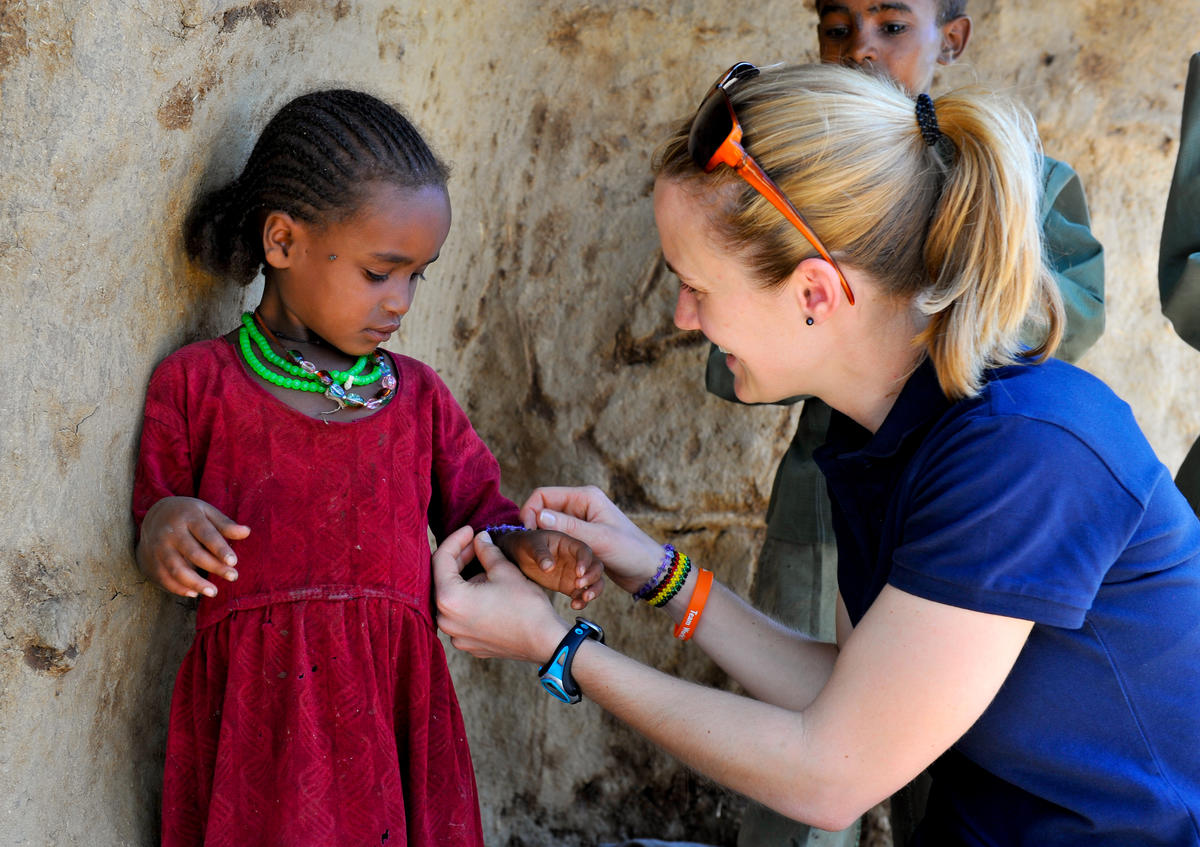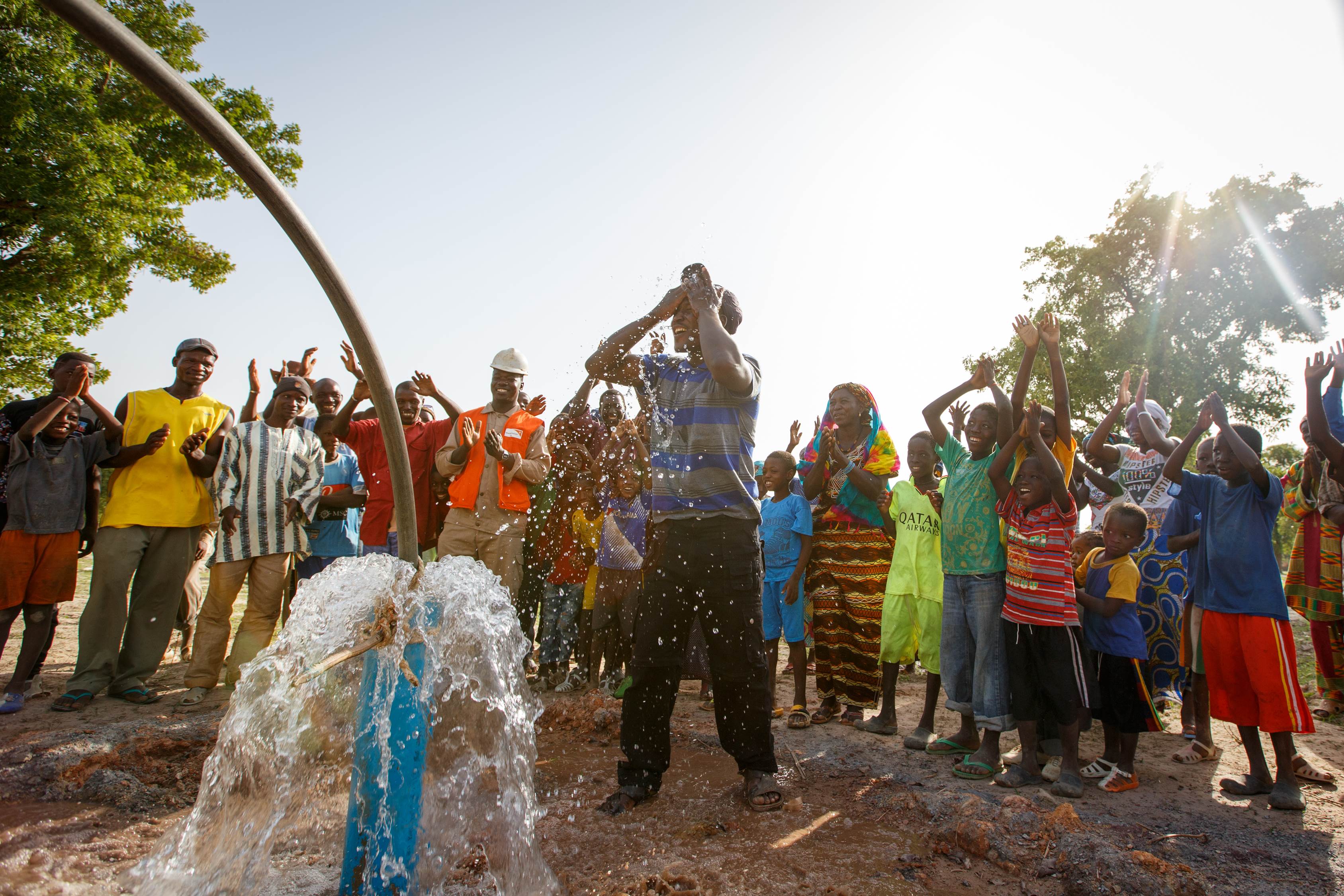We help families to provide for themselves so that they do not feel the need to marry their daughters at a young age or send them out to work.
We fund the education of girls and help them reach their career girls, including sponsored girls. Many sponsored girls go on to become teachers, nurses and business owners.
We challenge social norms and harmful practices, working with faith leaders and communities to acknowledge and act upon gender injustices and negative practices.
We engage men and boys to make sure they recognise and act upon their obligation to prevent and end violence against girls and women.
We provide training for children on their rights, how to better protect themselves, challenging existing gender imbalances and actively engaging with the wider community.
We protect girls in emergencies, creating Child Friendly Spaces where girls and boys are protected from the risk of violence, have space to play and continue with their education.
We also work within refugee camps to promote gender equality and reduce the occurrence of violence.
We provide medical, legal and psychological support as well as life skills, vocational training and other support for girls affected by violence, including former girl soldiers.

